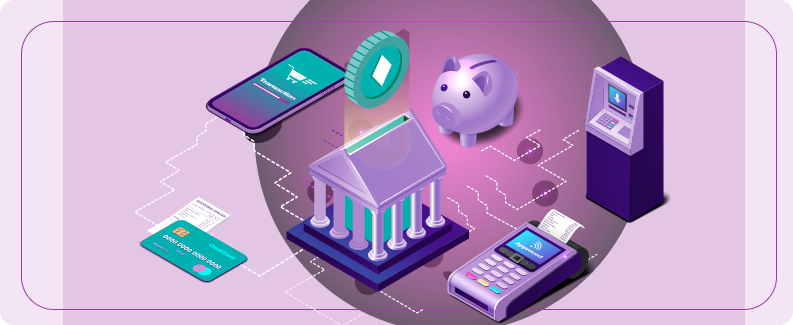


In fact, open banking regulations now require banks to share data and allow access to customer accounts via APIs. This will fuel a new wave of product innovations which will transform the sector further.
After establishing and consolidating their presence in the financial services market, fintechs moved to rebundling products to further strengthen their customer relationships. New age players like Revolut are investing in strategic partnerships to offer an expanded portfolio to their customer base who initially came onboard for their travel spend management product. Transferwise is launching cross border bank accounts. And Zopa, initially a P2P lending platform, has already applied for a full banking license with the intent of offering more savings products. Most of these fintechs still don’t have the depth of customer data that traditional banks enjoy. But they have proved that they can pose stiff competition in terms of customer experience and smart pricing models. In the months to come, bundling will emerge to be a key market strategy for both traditional banks and fintechs as the fight for customer loyalty intensifies.

At the most basic level, bundled offers are based on broad segmentation like homeowners, or families, or frequent travelers. But to be truly successful, bundling strategies need to go deeper to predict the lifetime monetary value of each customer to offer packages will address all their needs. Bundling must also be a dynamic activity that changes in real time based on constant analysis of customer behavior. Traditional banks are impeded by their outdated core systems that are simply not agile enough to handle such continual change requests or powerful enough to allow the deployment of new technologies. Separating pricing systems from the core systems is essential. But to do so, the core systems must be modernized which can be a risky, time and cost intensive affair. The better option is to work with third party solutions that can form an agile middle layer capable of orchestrating the banking ecosystem of the future.
Bundling as a strategy has proved to be highly successful for diverse sectors like ecommerce and telecom and holds tremendous potential for the BFSI sector as well. New age banking will have technology at its core and will be based on hyper personalized product and services offerings to customers. Banks already enjoy a tremendous amount of customer trust and have a gold mine of data already available with them. The right use of technology can help unlock the value of this data to help them establish dynamic, and personalized bundled offers.